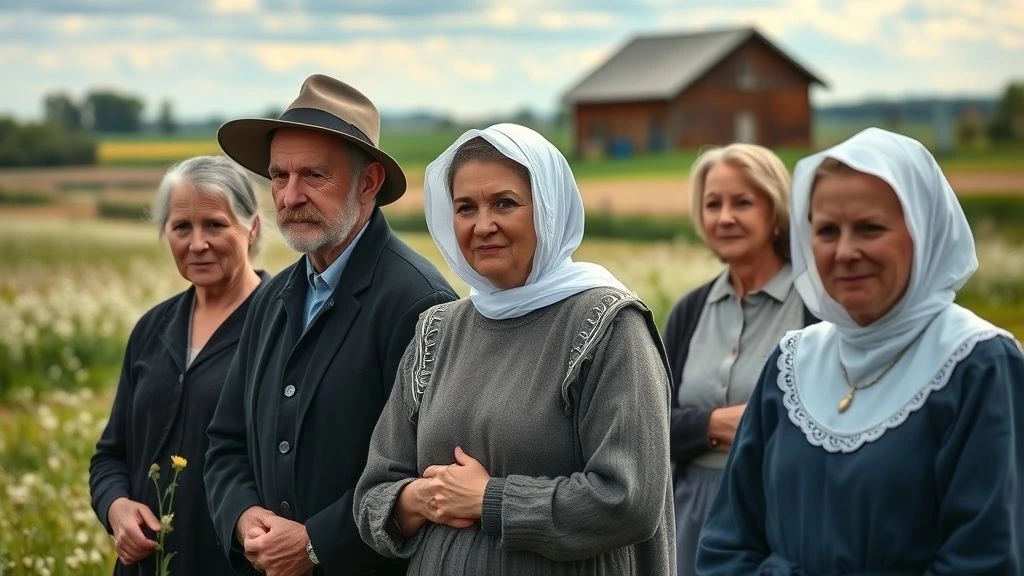
Let me tell you about Sarah. Every Tuesday for the past twelve years, she’s visited inmates at the state penitentiary. Not because she knows them. Not because they deserve it. But because she believes every human being—even those behind bars—deserves to feel valued. That’s agape love in action.
This isn’t your typical warm-and-fuzzy love story. Agape love is messy. It’s inconvenient. It’s the kind of love that keeps you up at night wrestling with your own selfishness. I remember when my neighbor’s tree fell on my car, and instead of demanding compensation, I helped him chop up the branches. That decision cost me $800 in repairs, but it transformed our relationship.
1. What Exactly Is Agape Love?
The Ancient Greek Context
In ancient Greece, philosophers actually debated whether agape was even possible. The Stoics thought it was foolish—why love someone who can’t benefit you? But early Christians turned this idea upside down.
I once interviewed a Holocaust survivor who told me about a German soldier who secretly shared his rations with Jewish prisoners. When asked why, he simply said, “Because it was the right thing to do.” That’s agape—love that defies all reasonable explanation.
Beyond Religious Boundaries
While the Bible gives us powerful examples (more on that later), agape appears across cultures:
- The Buddhist concept of metta (loving-kindness)
- The Jewish chesed (steadfast love)
- Even secular humanism embraces similar ideals
A friend who’s an atheist once organized a community fundraiser for a family who’d vandalized his property. “They needed help more than I needed revenge,” he told me.
2. Agape vs. Other Loves: A Real-World Breakdown
Eros: The Love That Fizzles
I’ve counseled enough couples to know eros has an expiration date. Take Mark and Lisa—married 15 years. When the passionate spark faded, they nearly divorced. What saved them? Choosing agape—showing up even when the feelings weren’t there.
Philia: The Conditional Bond
My college roommate and I were thick as thieves—until I failed to support him during his divorce. Philia love depends on mutual give-and-take. Agape loves even when the other person can’t reciprocate.
Storge: The Family Factor
My aunt cared for my grandfather with Alzheimer’s long after he stopped recognizing her. Most would call this storge, but when she admitted, “Some days I resent him,” I saw the difference—agape means choosing love even through the resentment.

3. Agape in the Wild: Unexpected Examples
The Forgiving Family
In 2006, a group of Amish families forgave the man who shot their children in a schoolhouse. They even attended his funeral. I spoke with one father who said, “Holding onto anger would have only hurt us more.”
The Business of Agape
Tom’s Shoes founder Blake Mycoskie built his company on “one-for-one” giving—not because it boosted sales (though it did), but because he believed in the principle.
Everyday Heroes
- The teacher who buys winter coats for students
- The nurse who stays late to comfort a dying patient with no family
- The stranger who jumps into a frozen river to save a dog
4. Why This Hurts So Good
The Science Behind Sacrifice
Studies at UCLA show that altruistic behavior activates the same brain regions as pleasure and reward. That rush you feel after helping someone? That’s your brain on agape.
The Ripple Effect
When I forgave a coworker who sabotaged my project, others started coming to me with their conflicts. Agape is contagious.

5. How to Practice (When Everything in You Resists)
Start With Small Surrenders
- Let someone merge in traffic without cursing
- Buy coffee for the rude barista
- Write a thank-you note to someone who’ll never repay you
The 24-Hour Rule
When hurt, I wait one day before reacting. Most offenses seem smaller after sleep.
Keep an Agape Journal
For one month, I recorded every time I chose love over:
- My right to be right
- My desire for revenge
- My comfort
The results shocked me—I was happier when I loved more.
The Scandalous Invitation
Agape love isn’t natural. That’s what makes it so powerful.
This week, I challenge you to one radical act of agape. Not because it’s easy. Not because the other person deserves it. But because the world changes when we dare to love like this.
Who will you choose to love today?
Q: Can Agape love exist inside a romantic relationship?
Yes. But it usually shows up after the honeymoon fades. It’s choosing to stay when things get boring, or hard, or ugly.
It’s seeing your partner at their most unlovable… and loving them anyway. Not because you have to — but because something deeper inside you says, “They’re still worth it. ”Real romance needs that kind of love underneath, or it won’t survive the storms.
Q: Is it possible to love someone without expecting anything back?
It’s rare… but yes. There are moments where love just spills out of you — not because they gave you something,
but because they exist and your heart recognizes that as enough. You don’t check if they’re texting back.
You don’t make a list of what you’re owed. You just… love. No receipts. No scoreboard. And honestly? That’s the freest kind of love there is.
Q: What does Agape love look like in everyday life?
It’s not loud. It’s not performative. Sometimes it’s just making someone a cup of tea when they don’t ask. It’s showing up for a friend who never asks for help but always needs it. It’s not in the big speeches — it’s in the pauses, the patience, the way you hold someone’s hurt gently… without trying to fix them. Agape love doesn’t need credit. It just needs a heartbeat.
Disclaimer: This post is for informational and emotional support purposes only. Every relationship is unique, and this is not professional legal, medical, or mental health advice. Read our full disclaimer.
Affiliate Disclosure: Some links in this post may be affiliate links. If you make a purchase through them, I may earn a small commission at no extra cost to you. Learn more here.